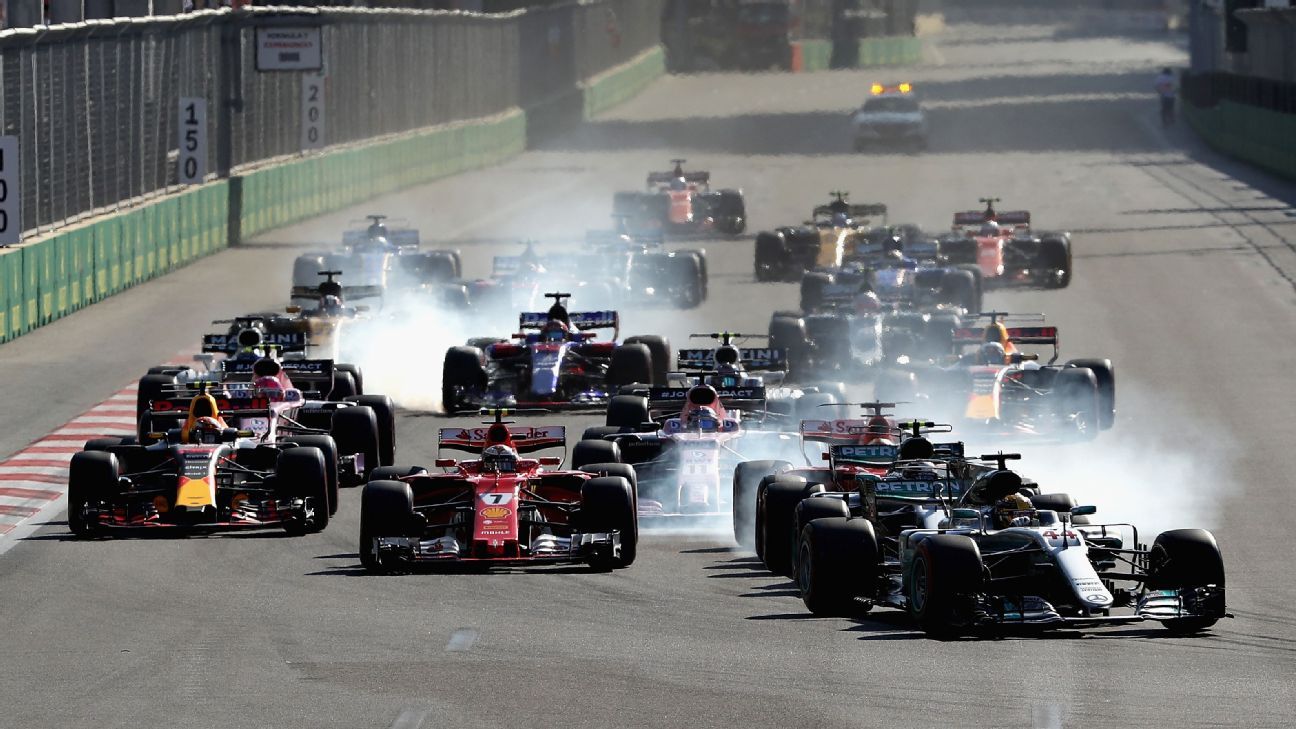

Surprisingly, Rahimov says that the attendance could actually get a boost from the lock down that is currently paralyzing the world. The spectators are the engine behind the spending and they hit an estimated total of 85,000 in 2019. The report states that the economic impact includes “the spend across various sectors including the professional services, hotels and general accommodation, catering, transport, social and cultural services, agriculture, post and telecommunications, wholesale trade and electricity, gas and water amongst others.” The PWC report revealed that the total economic impact of the race has accelerated to $506.3 million since it was first held. In 20, Baku City Circuit directly contributed to the local labor market by generating 5,000 to 10,000 short and medium-term jobs with up to 7,500 created over the next two years. According to a recent report by PricewaterhouseCoopers (PWC) it helped to boost the domestic construction industry by $181.4 million and drove up the number of jobs created by the track. Hosting the first race required renovating roads in a 4,500 square meter area around Baku city.

It has put Azerbaijan on the global sporting map and fueled tremendous economic growth. This prudence is one of the reasons why Rahimov is one of the smartest operators in F1 and the Azerbaijan Grand Prix is probably the sport’s best-run street race. He says that “if we can satisfy the above conditions, I believe we can host another great race with no significant negative impact on the ticket sales.” Transforming the streets into an F1 track costs an estimated $30 million annually so Rahimov doesn’t want to be left with the bill and nothing to show for it if the race is cancelled at the last minute. The Azerbaijan Grand Prix joined the F1 calendar in 2016 and snakes through the streets of downtown Baku against a backdrop of futuristic skyscrapers and a 12 th century fort.

“We have generally had an agreement with F1 that we will only confirm our date in the calendar once the threat of another cancellation is past,” he says.


 0 kommentar(er)
0 kommentar(er)
